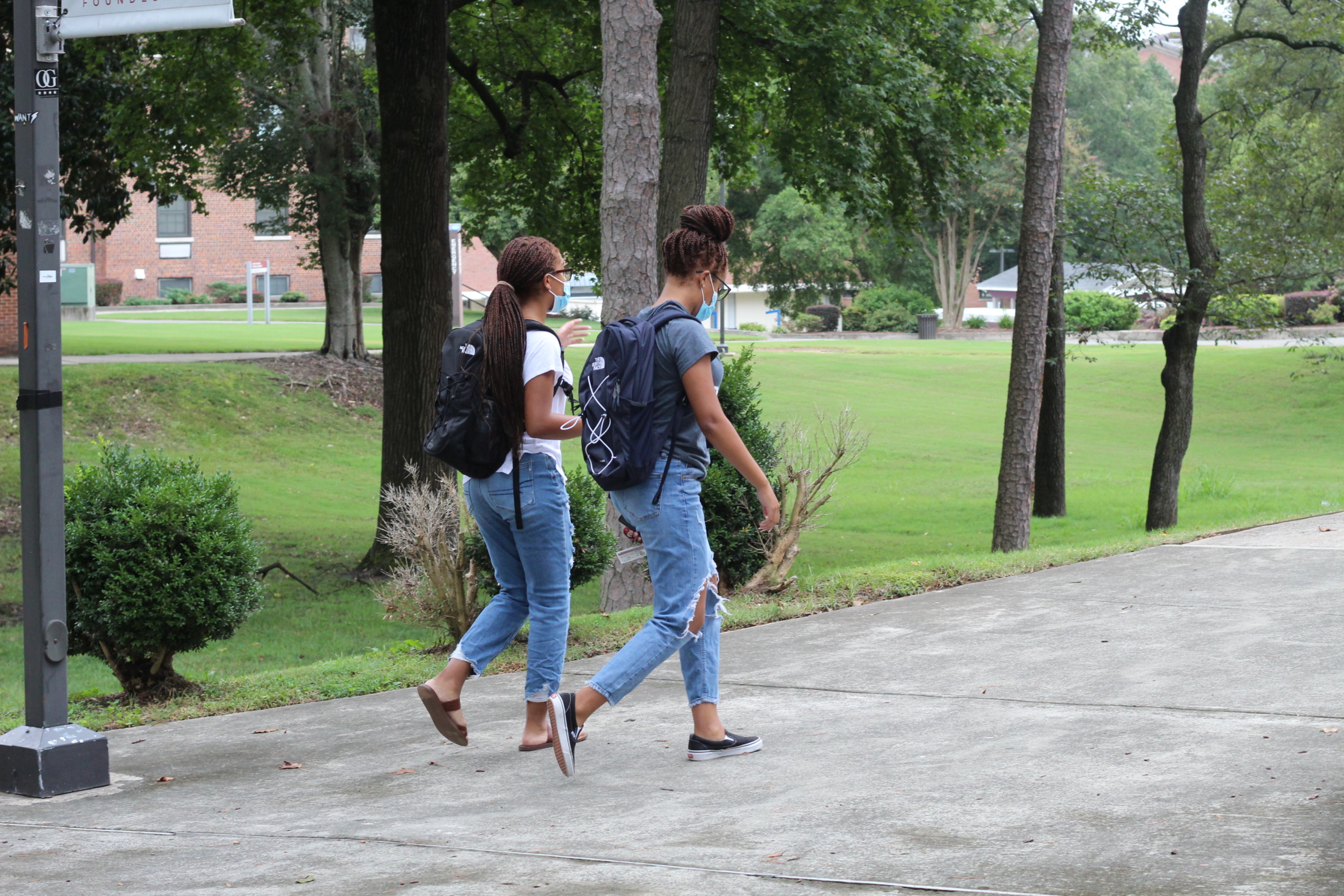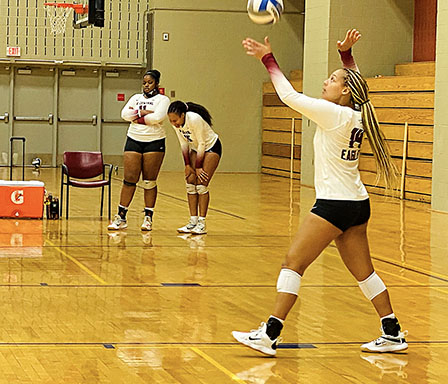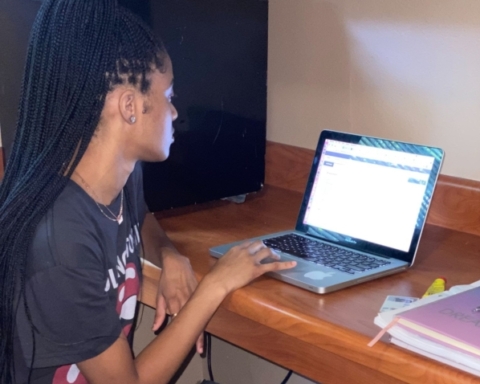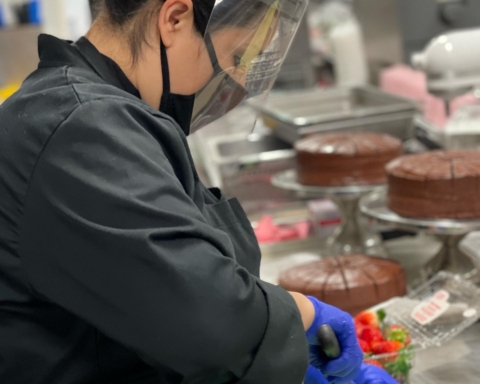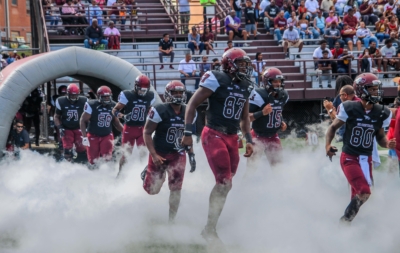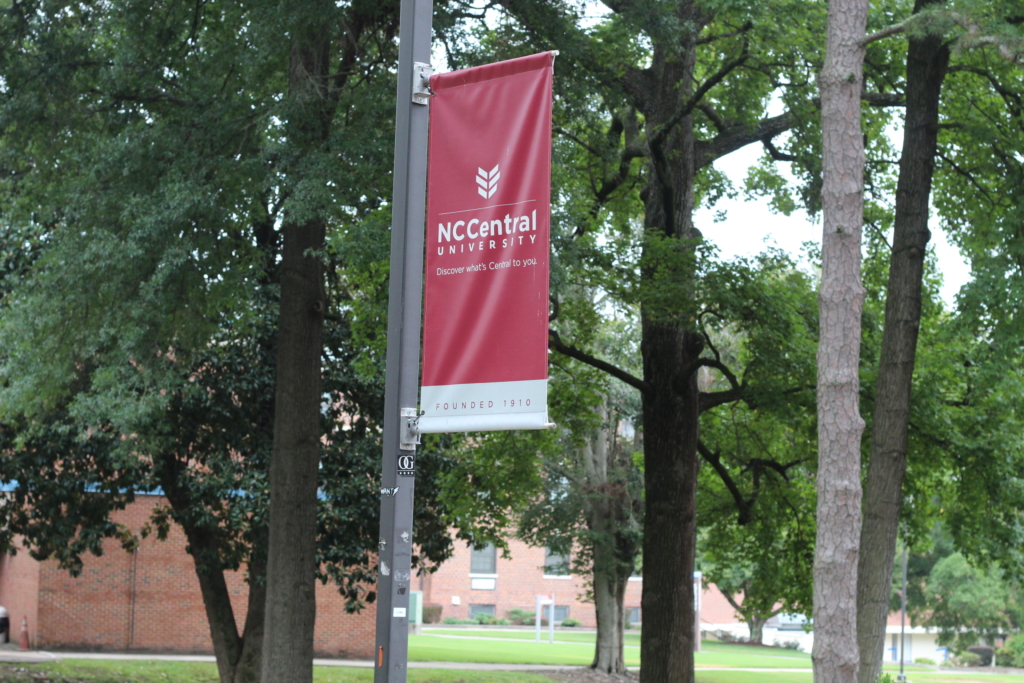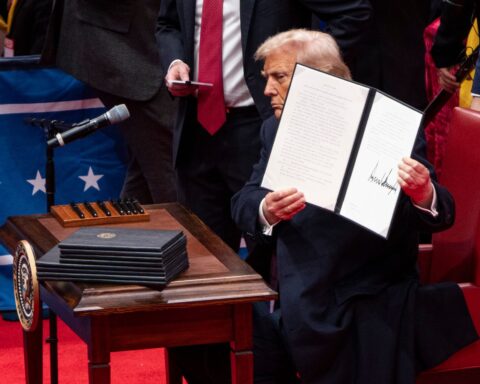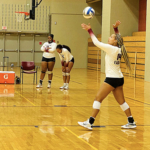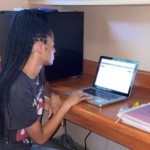College students, beware: You could temporarily lose your spot on campus or worse, get expelled for partying with your peers this fall.
It happened at Purdue University in Indiana, where 36 students received “summary suspensions” earlier this month for attending an off-campus gathering that lacked face masks and social distancing, just hours after a warning from administrators.
The Ohio State University issued about 225 interim suspensions for off-campus parties and gatherings between Aug. 19 and 23, spokesman Benjamin Johnson said.
More than half of the suspensions were lifted after students showed they did not attend, host or participate in unsafe activities, Johnson said.
And on the East Coast, Pennsylvania State University suspended a fraternity, Pi Kappa Alpha, and its student leaders for holding an event with 70 people on Aug. 22, while Syracuse University in New York took action after a large group of freshmen met up in a campus quad.
As colleges across the country allow students to return for fall classes, many are ramping up enforcement of new rules to curtail the spread of COVID-19.
The stakes are high: Universities that can’t contain the virus on campus have paused in-person classes or reverted to remote learning entirely, sending students home for the rest of the semester.
In recent weeks, some colleges have said they will check social media to monitor student behavior, review security footage when students mingle in large groups and, most severely, kick students out of classes for violating school policy.
At the University of Illinois at Urbana-Champaign, the state’s largest college, disciplinary cases are pending as well, according to spokeswoman Robin Kaler.
As of Monday, two students were issued interim suspensions, one faced disciplinary action and a fraternity Pi Kappa Phi was placed on interim suspension, Kaler said.
The suspended students were accused of hosting a large apartment party Friday and violating a quarantine order Saturday, Kaler said.
The fraternity was also accused of hosting a large party this weekend. The student facing discipline allegedly posted a social media video showing how to override the school’s COVID-19 tracking application, Kaler said.
In Indiana, the University of Notre Dame, which confronted a surge in infections attributed to off-campus parties, is also cracking down on irresponsible behavior but assured students the information would not be used against them if it was volunteered during contact tracing.
“We will continue to adhere to this policy because we want students to be forthright with us so that we can discover the source of the infections in order to keep the community safe,” said the Rev. John Jenkins, the school’s president, during a recent video address.
But if Notre Dame learns about “serious” violations from other sources, they will be referred to the university conduct review process, Jenkins said.
Also in the Hoosier state, Indiana University’s board of trustees passed a policy Aug. 5 underscoring that students who fail or refuse to comply with health and safety directives related to COVID-19 can be suspended or expelled. That policy will be applied to a recent gathering of about 100 people off campus in Bloomington.
A video of the event circulated on Twitter but has since been removed from public viewing.
IU spokesman Chuck Carney said the school began contacting involved students last week and planned to issue suspensions, though he did not know how many students were affected. The off-campus party violated local prohibitions on gatherings of more than 50 people, he said.
The city has since reduced the limit to 15. With many Illinois colleges beginning classes in the last two weeks, few local examples have yet to emerge.
But many of the policies are consistent with what’s transpired at other campuses. In one of the more forceful approaches, Northwestern University is effectively enlisting nearby residents to help monitor off-campus behavior.
During a community town hall last week, Interim Dean of Students Mona Dugo asked neighbors in Evanston, Ill., to use an online form to report social gatherings that don’t follow health precautions.
She said that providing photo evidence and specific information, such as the address of the event, will help NU follow up.
On its website, NU says students who don’t comply with a host of requirements for returning to campus _ such as taking an online safety training could be subject to disciplinary action.
“Northwestern will address the range of student behaviors, from isolated low-level incidents, like failure to wear a face covering, to the most severe cases, such as hosting a gathering that does not comply with expectations, that could lead to suspension or expulsion,” the website says.
In addition, students must agree to a set of “community standards” that includes social distancing, limiting gatherings, hygiene protocols and cleaning shared surfaces.
Northwestern had been planning to open residence halls to everyone but announced Friday that only third- and fourth-year and graduate students would be allowed to return for classes, which starts Sept. 16.
The University of Illinois at Chicago will also suspend or expel students, in accordance with its student disciplinary policy, based on the severity of the misconduct, spokeswoman Sherri McGinnis Gonzalez said.
“UIC expects that all students comply with all public health directives made by the university, local and state officials,” she said in an email, adding that students can report concerns about peers or student organizations with an online form.
Students were also asked to sign a pledge that states violations of COVID-19 protocols can be reviewed by the Office of the Dean of Students and possibly result in campus restrictions or disciplinary action.
At Purdue, students learned their lesson quickly. On Aug. 19, Purdue announced its code of conduct had been amended to include repercussions for violating its student pledge called the Protect Purdue Pledge.
The revisions spelled out the consequences for students caught partying without masks and without social distancing.
On the same day, Dean of Students Katherine Sermersheim emphasized Purdue’s stance in an online message.
She said Purdue was taking “a hard line” on misconduct and cautioned: “If you don’t abide by rules, there is no place for you here.” But that night, officials learned about a gathering at an off-campus residence.
And the next day, Purdue moved to suspend 36 students who allegedly partied at the Circle Pines Men’s Cooperative. A school spokesman said the organization and the students can appeal the suspension, and that a final decision will be made after an administrative hearing.
“Students had to sign the Protect Purdue Pledge and were told that violating it could lead to disciplinary action,” spokesman Tim Doty said in an email, stressing that the expectations were clearly communicated.
Asked if more gatherings had subsequently come to light, Doty said that Purdue will not comment on every alleged party or student disciplinary investigation.
Kaler of UIUC said administrators will respond to student misconduct based on the frequency and severity of reports.
Hosting a large event without masks or social distancing could be considered an “egregious” act, resulting in interim suspension or dismissal, according to a summary of the protocol provided by UIUC.
Students will also have to follow local regulations prohibiting large gatherings, or face fines.
The cities of Urbana and Champaign both recently issued orders capping parties at 10 people excluding the host, the host’s immediate family or other members of the household.
Hosts can be fined up to $750 per violation per day. UIUC informed students about the emergency orders, which were implemented immediately, through an email Aug. 20.
Kaler said conduct complaints will be reviewed on a case-by-case basis and that educating students about the new expectations is a priority.

